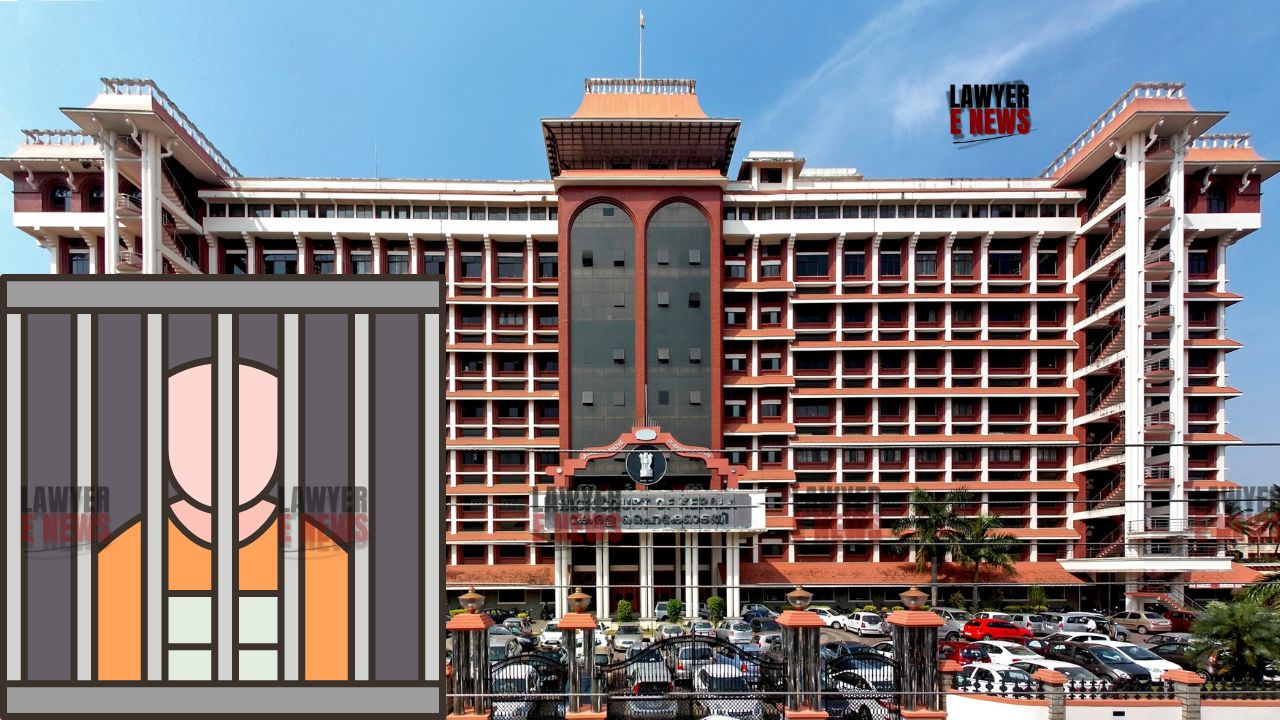-
by Admin
15 February 2026 5:01 PM



Court Upholds Kidnapping and Rape Conviction, Highlights Need for Evidence of Caste-Based Motive Under SC/ST Act In a significant ruling, the High Court of Kerala partially acquitted Aneesh, convicted by the Sessions Court for offenses including kidnapping and rape of a minor under the Indian Penal Code (IPC), and additional charges under the Scheduled Caste and Scheduled Tribe (Prevention of Atrocities) Act, 1989 (SC/ST Act), and the Juvenile Justice (Care and Protection of Children) Act, 2000 (JJ Act). The High Court, while upholding the conviction for kidnapping and rape, set aside the convictions under the SC/ST Act and JJ Act, citing insufficient evidence that the offenses were committed on account of the victim’s caste.
The prosecution’s case was that on October 15, 2012, the accused enticed a minor girl, who belongs to a Scheduled Caste, from her guardianship with the intention of seducing her into illicit intercourse. He subsequently committed rape on her at a rented house on October 16, 2012. The minor, a school student, did not return home on the day of the incident, prompting her father to lodge a missing person complaint. The victim was later traced and based on her statements, the charges were altered to include kidnapping and rape under the IPC, along with the SC/ST Act and the JJ Act.
The High Court found the testimony of the victim credible and trustworthy. Despite detailed cross-examination, her account of the events remained consistent and was corroborated by medical evidence showing past vaginal penetration. The court highlighted that even a single witness’s reliable testimony is sufficient for conviction in sexual offense cases.
Medical evidence presented in the case supported the victim’s allegations. The gynecologist’s examination confirmed evidence of sexual assault, and the doctor’s testimony about the accused’s capability to perform sexual acts further strengthened the prosecution’s case.
The High Court, referencing precedents, noted that to convict under Sections 3(1)(xi) and 3(2)(v) of the SC/ST Act, it must be proven that the offense was committed solely because the victim belonged to a Scheduled Caste. The court found no such evidence suggesting the crime was motivated by the victim’s caste. Thus, the conviction under these sections was overturned.
Regarding the JJ Act, the court observed that Section 23 pertains to individuals who have actual charge or control over a child. The accused did not fall under this category, leading the court to set aside the conviction under this act as well.
The court’s decision relied heavily on established legal principles requiring motive proof for caste-based offenses under the SC/ST Act. The absence of evidence indicating that the accused targeted the victim due to her caste was pivotal in the acquittal on these charges. Additionally, the court clarified the scope of Section 23 of the JJ Act, emphasizing that it applies to those in positions of guardianship or control over a child.
Justice M.B. Snehalatha remarked, “The sine qua non for application of Section 3(2)(v) of the SC/ST Act is that an offense must have been committed against a person on the ground that the person is a member of Scheduled Caste or Scheduled Tribe. In the absence of such evidence, no offense under this section arises.”
The High Court’s ruling in this case highlights the judiciary’s adherence to stringent evidence requirements for caste-related offenses under the SC/ST Act. While affirming the convictions for kidnapping and rape, the judgment clarifies the legal standards necessary for additional charges under the SC/ST and JJ Acts. This decision serves as a critical reference for future cases involving similar charges, ensuring that convictions are based on solid evidence linking the motive to the victim's caste.
Date of Decision: August 2, 2024
ANEESH Vs STATE OF KERALA
